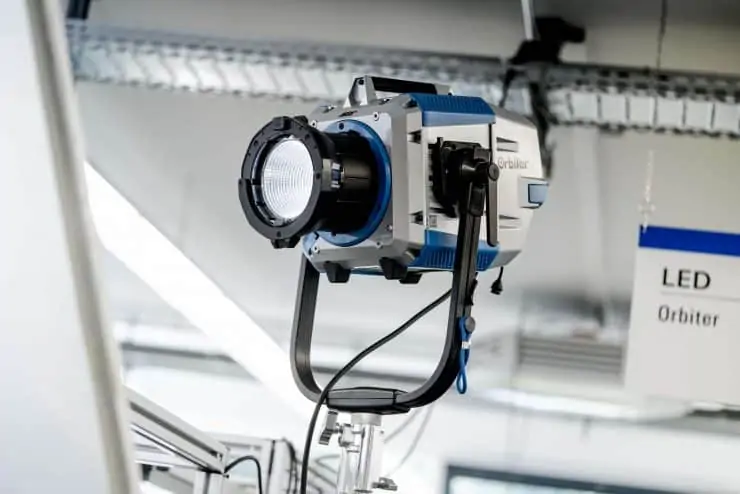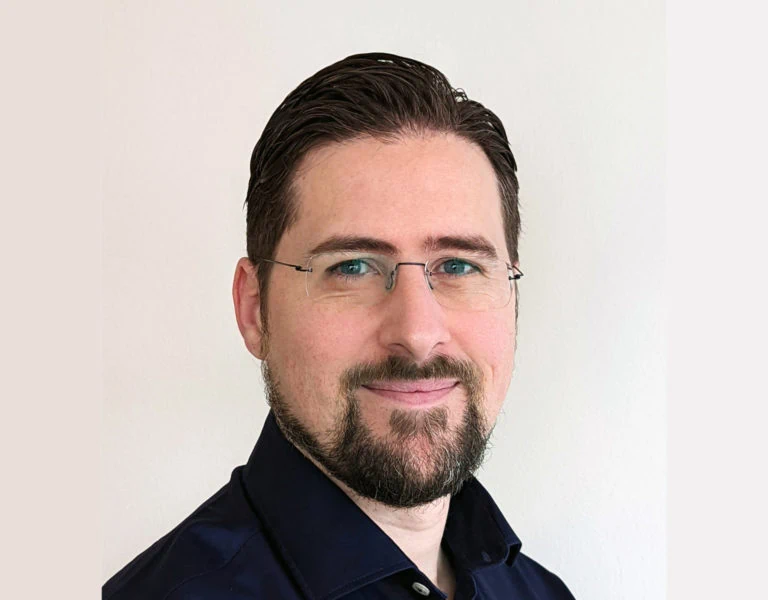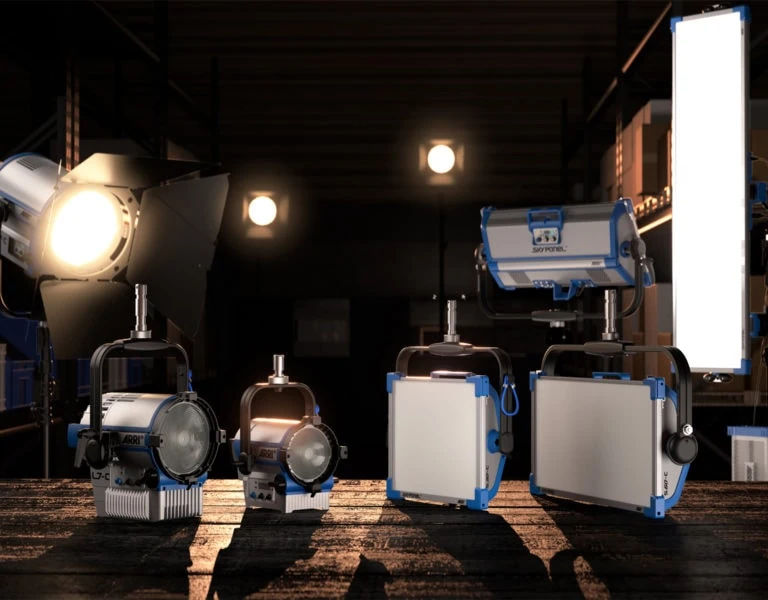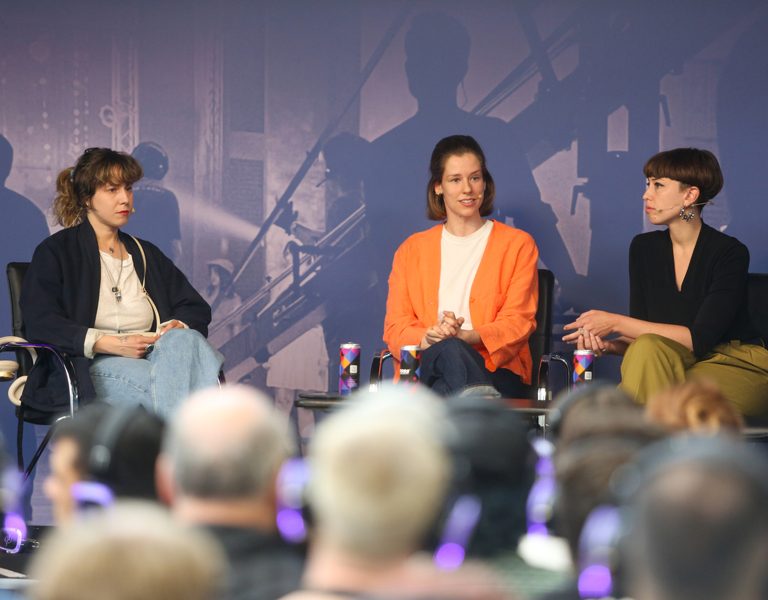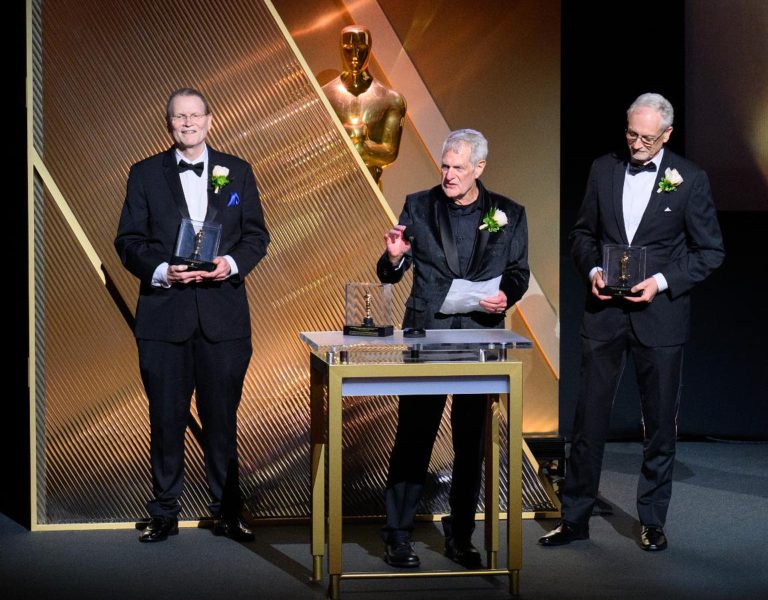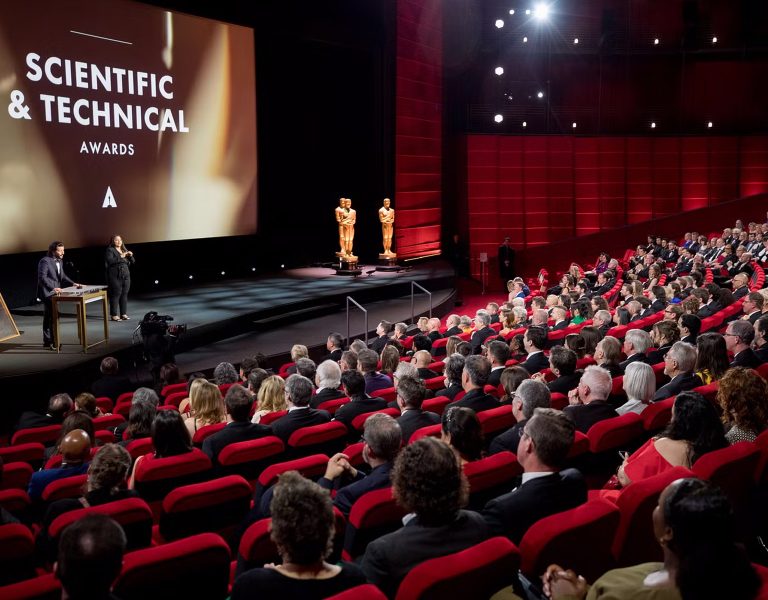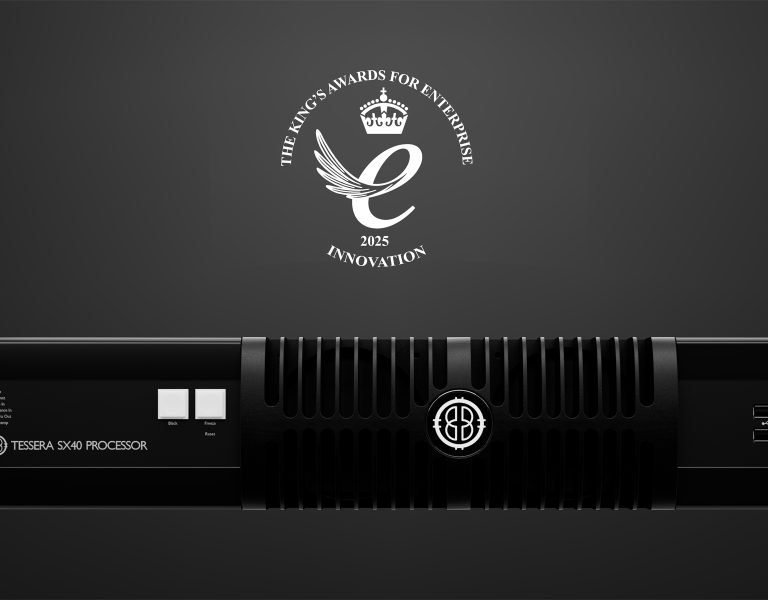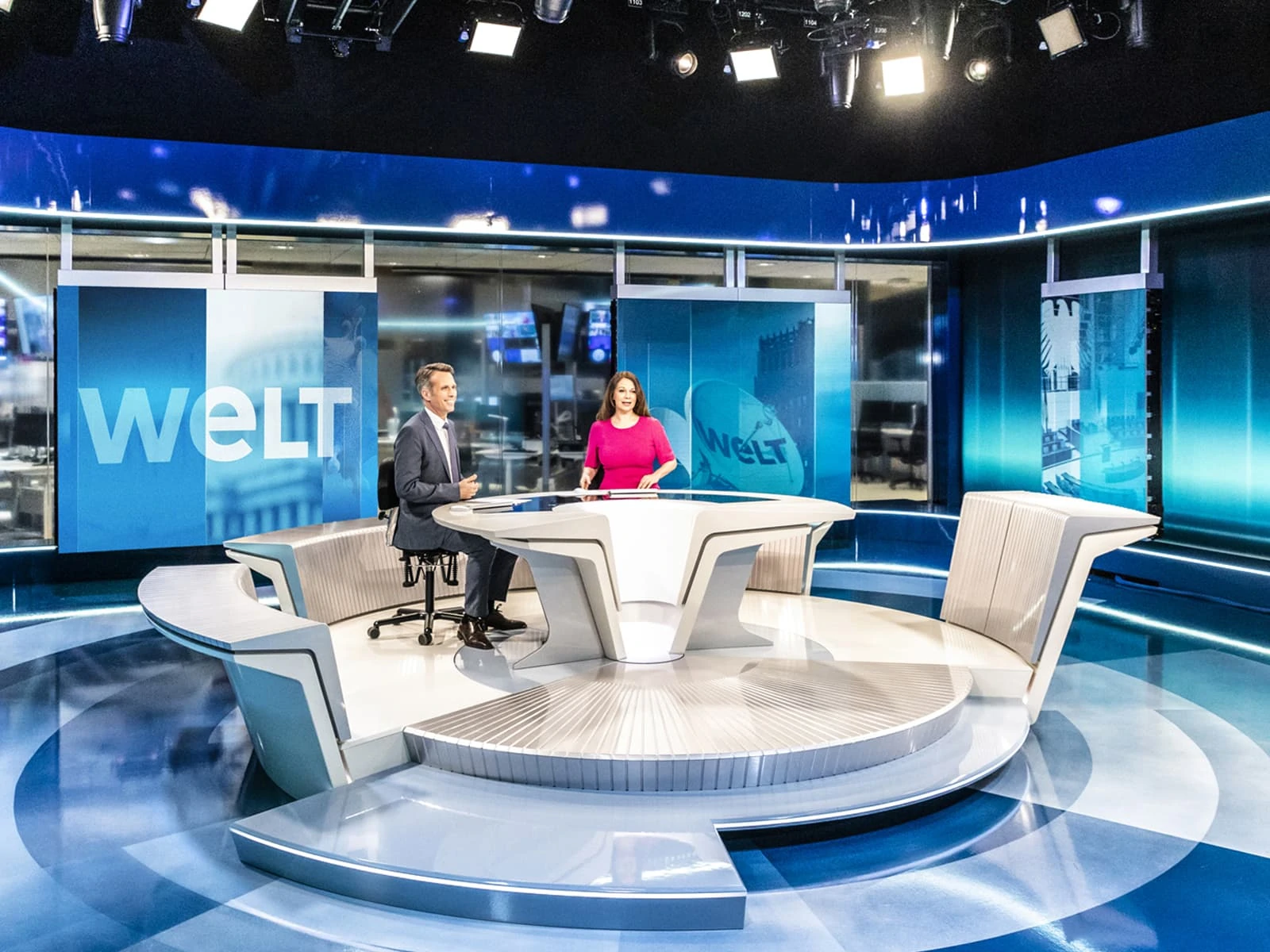
At the new Axel Springer Campus in the heart of Berlin, WeltN24 has commissioned two state-of-the-art TV studios for the station WELT.
The new studios are not only an architectural statement for the digital tomorrow. Both news studios are equipped with Ethernet/IP-capable lighting fixtures throughout, enabling IP-end-to-end communication and, therefore, efficient workflows that are fully integrated into the broadcast infrastructure. The ARRI System Group handled the consulting, planning, and turnkey installation of the studio lighting and control systems on behalf of the system integrator Qvest Media and in close partnership with the planning office mo2 design.
WELT’s two TV studios enable closer networking and collaboration with digital and print. This exchange is also reflected in the visual concept of the studios, each measuring 175 m² (1,938 sq. ft.) and 5.5 m (18 ft.) high. Glass fronts in Studio 1 ensure transparency, visibility, and interaction. Particular challenges in terms of the lighting design were also the motorised and movable LED video panels on three sides and a required minimum range of movement for the presenters on set without changing the lighting fixture positions.
After extensive testing, a total of 100 soft lights of the ARRI SkyPanel series (S60-C, S30-C) and Moving Lights with the Fresnel characteristics from Robe Lighting were chosen. These are supplemented by LED bars which are affixed to the top of the motorised video panels to direct an appropriate backlight onto the presenters.
In Studio 2, especially for the green box, ARRI’s SkyPanels with different apertures (S120-C, S60-C, S30-C) were specified to achieve optimal light distribution according to templates of photometric simulations created by ARRI System Group. An important criterion for selecting the type of lighting was a certain quality level—this enables the fixtures to meet the requirements of an HD/UHD environment in the long term. These include the level of colour rendering index, options for colour temperatures adjustments, calibration standards used for the LEDs, and their service life.
The core of the studio lighting design is an IP-based control system for the luminaires including their integration into the broadcast automation and a central monitoring for lighting. “Lighting networks that have been traditionally controlled exclusively via DMX are experiencing more and more limitations in practice. Therefore, increasing our customers’ requirements for efficient workflows can be met by specifying or designing end-to-end IP systems only,” explained Paul Flemming, head of projects at the ARRI System Group.
This is one reason why the ARRI team is focusing more and more on the implementation of Ethernet/IP-based lighting solutions. “ARRI has been a pioneer in this area thanks to the integration of an IP interface in the SkyPanel series from a very early stage, and we have found strong support for this idea with the manufacturers of Moving Lights, Robe Lighting,” added Flemming.
He continued, “DMX, as a traditional network protocol, limits the use of an intelligent monitoring for the lighting system. Using RDM as a return channel may destabilises the network, plus there are limitations defined in the standard in regards to the data rate and the maximum number of channels per one DMX universe. With a lighting control infrastructure based solely on Ethernet/IP, as with WELT, we were able to achieve a system-wide increase in lighting system flexibility and realibility, which is hugely important, especially in 24/7 operations.”
Ethernet/IP, especially in lighting systems, is a great relief for broadcast engineers, enabling them to take holistic control over the components for video, audio, and light in a studio. Initially, Zabbix, an open-source software for monitoring of various IT components, acts as the central monitoring tool. In cooperation with WELT, the implementation of a specialised monitoring tool for the lighting system is planned. In the future, this will enable the crew to monitor the status of all lighting components with an interface to the central broadcast monitoring by centrally managing the RDM and SNMP status information of all the lighting system components.
“The ARRI System Group, with its high level of expertise and international experience, has made a significant contribution to the fact that we will be using one of the world’s most innovative lighting system solutions in our television studios,” emphasised Thorsten Prohm, CTO at WeltN24. “With great commitment, we were able to develop workflows together as a team that meet our special requirements as a news broadcaster while, at the same time, optimizing the budget. The product management, including implementation and installation, under the management of project engineer Carolin Schramm, was carried out at an extremely high level. Through the collaboration with the ARRI System Group, we are now launching the ‘digital tomorrow’ not only in our new TV studios but also in the area of professional lighting technology as well.”
